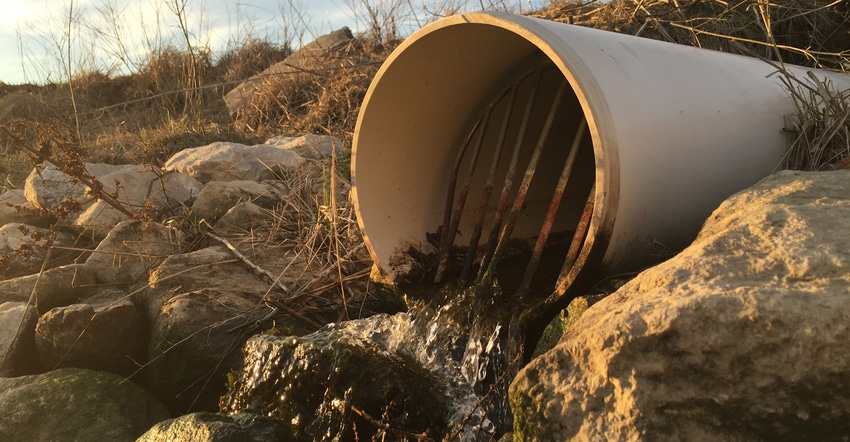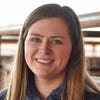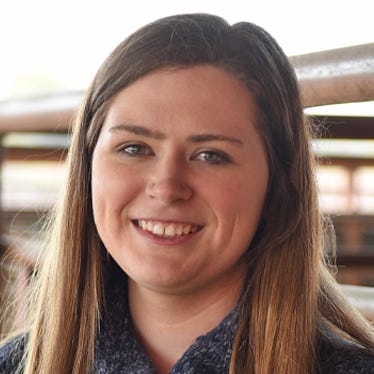
IL Corn and the Illinois Soybean Association recently announced their partnership on a new water-testing initiative challenge available to Illinois FFA chapters through Nov. 18.
“IL Corn has been committed to the goals of the Nutrient Loss Reduction Strategy. And one of the big concerns is the loss of nitrogen and off-target movement,” says Megan Dwyer, IL Corn nutrient loss reduction manager. In the past, IL Corn has equipped various county soil and water officers with equipment, offered testing during the Farm Progress Show, and mailed out test strips to farmers — all to help people learn when, where, how and why nitrogen could be leaving a farmer’s field.
But still, she says there’s more opportunity to learn. Cue their newest water-testing initiative designed to challenge Illinois FFA students, as an effort of both the Illinois corn and soybean checkoff programs.
Here’s how it works:
Supplies. IL Corn and ISA will send necessary supplies to participating FFA chapters. Supplies will include Nutrient Loss Reduction Strategy information, 50 water test strips, and examples of management options for nutrient loss and water quality improvement.
Samples. Students will collect samples from at least two agricultural sources in at least five different locations with at least three varying cropping practices. Chapters will develop a summary report that includes an initial hypothesis, sample time, field characteristics, recent precipitation events and a conclusion after sampling occurs. Chapters should provide at least one improvement recommendation for one field sampled, including best management practices and a reason for suggesting those practices. Samples may occur in the spring, fall or a combination of both.
Prizes. The first-place chapter wins $2,500, second and third place earn $1,250, and fourth through 10th place receive $1,000.
The goal is to help students understand nutrient loss and the value of water quality, as well as sustainable agronomic practices in the field, Dwyer says. Plus, this will hopefully ignite students to go out in their communities and see what’s going on in relation to nutrient loss and water quality.
In the end, the challenge is all about education and conversation around nutrient loss and water quality issues, she adds. Farmers also will have the opportunity to talk with students about the decisions they make and any potential challenges that may exist in sampled fields.
For more information or to participate, contact Dwyer at [email protected] before Nov. 18.
About the Author(s)
You May Also Like






